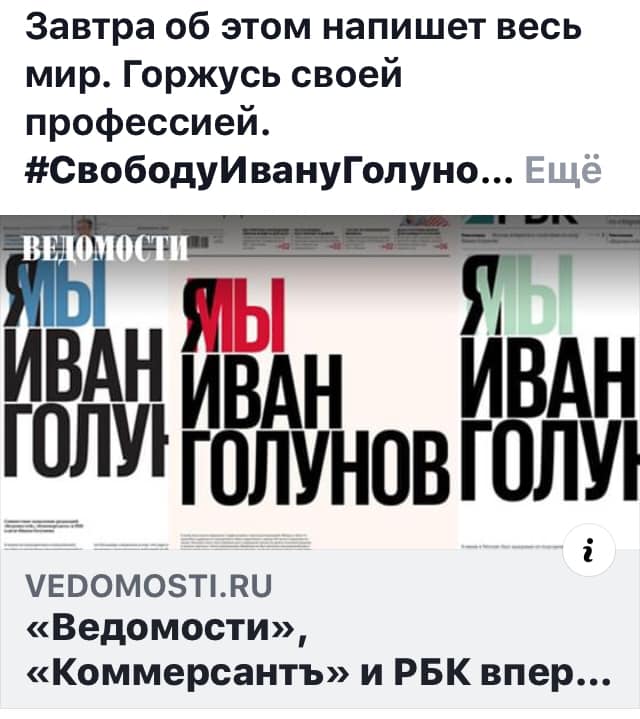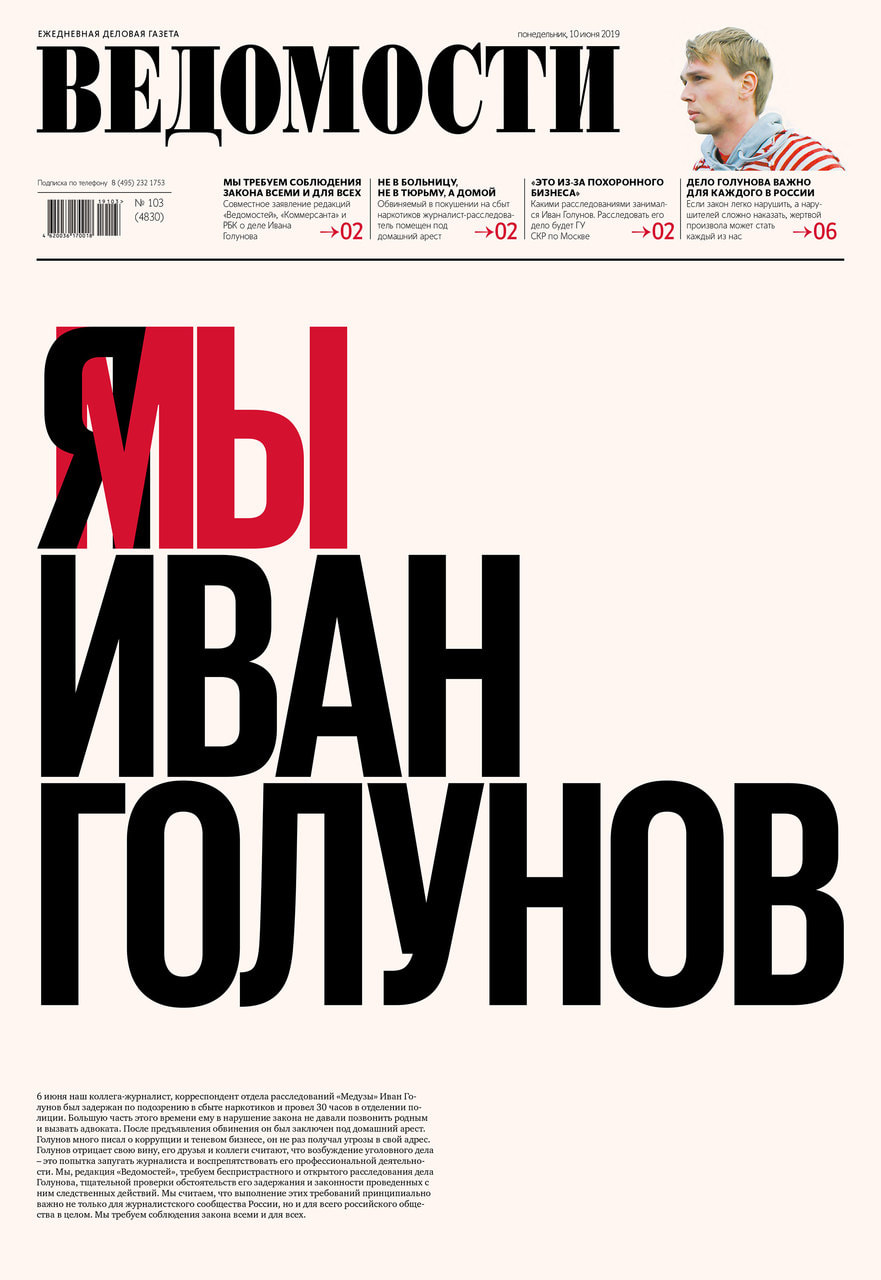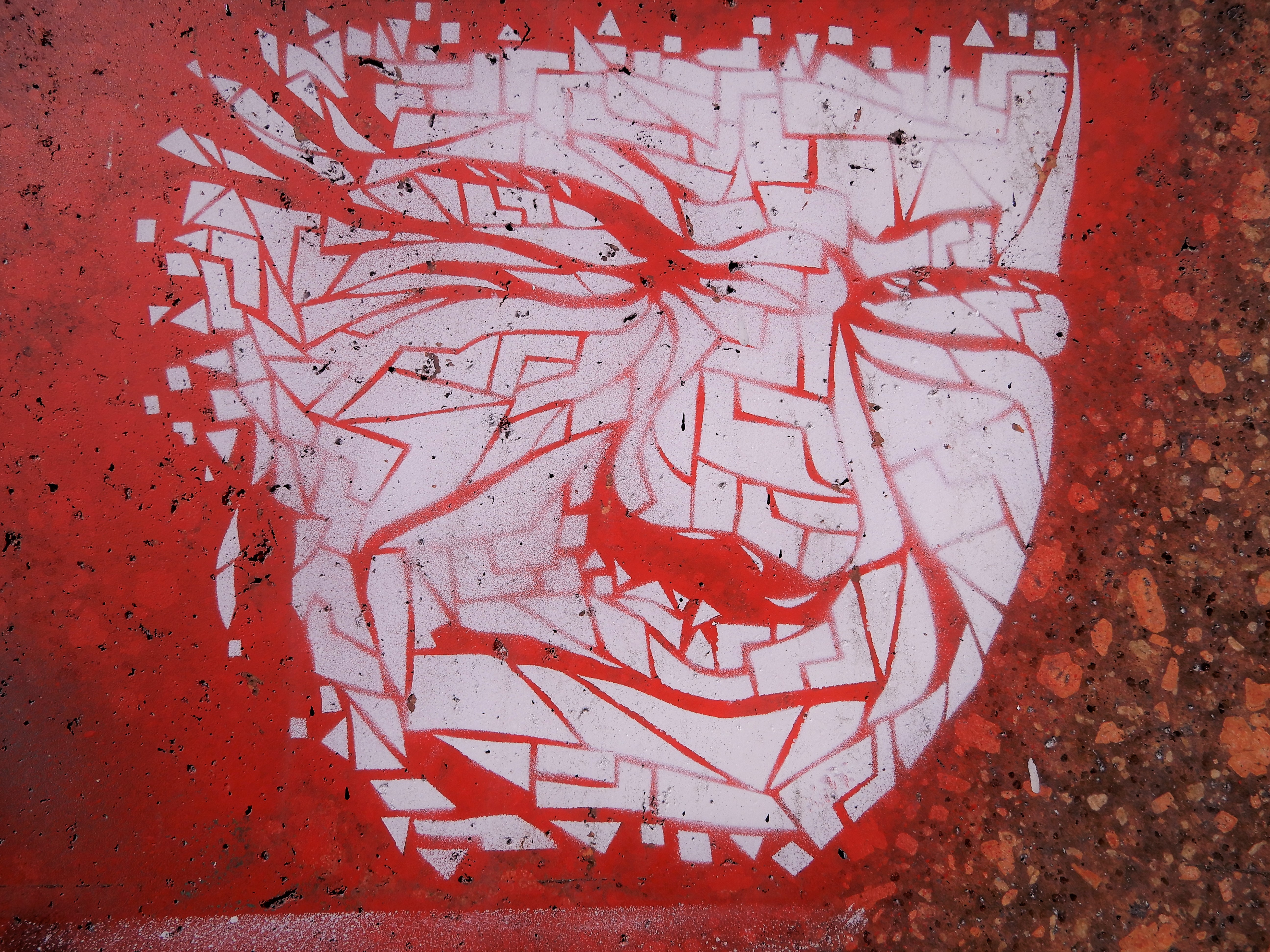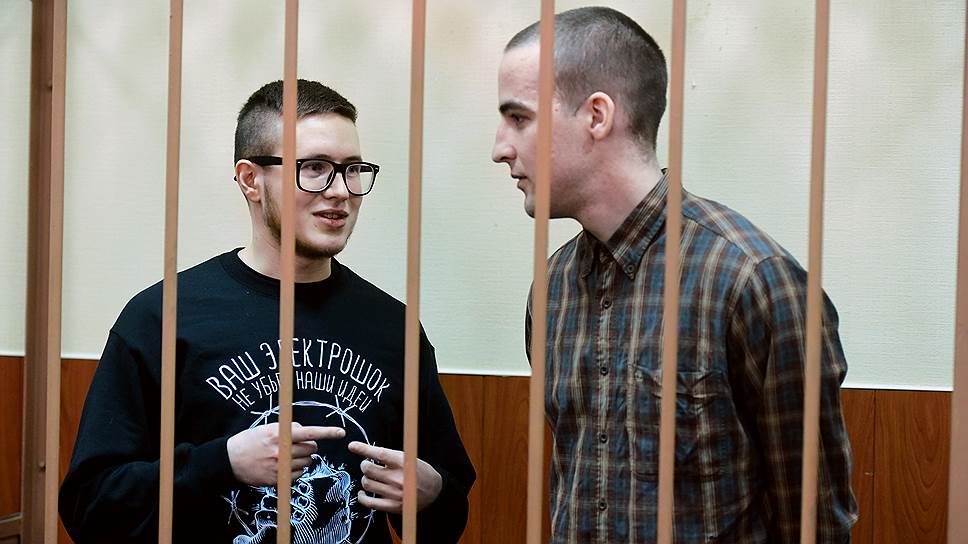As Kommersant has learned, Russian schools have received new recommendations on teaching special lessons in the light of the “special military operation” in Ukraine. In this case, teachers must organize classes for students in grades 5-9 and 10-11 on the topic of “anti-Russian sanctions and their impact on the domestic economy.” In the training manual, this “impact” is depicted rather positively: schoolchildren are told about the growth of the share of Russian-made products in several sectors, and then they are asked to assess which countries would suffer great economic losses from sanctions. Economists interviewed by Kommersant point out the mistakes made by the manual’s authors and warn that Russian schoolchildren will soon see the effect of sanctions themselves.
Materials for the “sanctions” lesson were handed over to Kommersant by a teacher in the Moscow Region. We found reports on such lessons on the websites of a number of schools in the Moscow, Oryol and Samara regions. As stated in the manual, teachers should “show Russia’s capacities for overcoming the negative consequences of the sanctions pressure brought by western countries on our society’s economy [and] give [pupils] an idea of the main vector of anti-sanctions policy in the Russian Federation.” The classes are to be held as part of social studies courses.
At the beginning of the lesson, teachers must quote President Vladimir Putin that “unprecedented external pressure has been exerted on Russia.” They must then ask schoolchildren whether they know “what the priority measures of our state’s anti-sanctions policy are.”

Only then should teachers tell their pupils what sanctions are: “Restrictions designed to ‘punish’ a country for its actions.” At this point, they must also clarify what “actions” are meant: “the special military operation being conducted by Russia in Ukraine, occasioned by the need to protect the population of Donbas.” Examples of sanctions include the freezing of assets of state corporations and banks, as well as a portion of Russia’s gold and foreign exchange reserves. Another example is the departure of foreign companies.
Teachers should then tell pupils that Prime Minister Mikhail Mishustin “has identified protecting the domestic market and keeping the able-bodied population employed as the most important focus of the anti-sanctions policy.” And students have to answer the question “Why exactly are these areas a priority?”
The manual also contains a link to a video about the benefits of import substitution.
The video explains that, in the 1990s and early 2000s, imported products prevailed over domestic ones. “Active advertising of foreign goods” and “the idea of the superiority of imported products and the inability of Russian manufacturers to bring similar products online” were pushed. But by 2022, the situation had changed dramatically, says the voice-over: the share of Russian-made products had grown in food production machinery (from 12% to 45%), agricultural machinery (from 24% to 55%), and machine tool construction (from 18% to 38%). It is also suggested that teachers show pupils statistics from the Ministry of Industry and Trade during the lesson. The statistics purportedly show that the share of Russian goods across the entire civilian range of commodities has increased many times in the field of mechanical engineering since 2014.
“Together with pupils, the teachers conclude that economic policy in recent years has been aimed at increasing protections for domestic producers and ensuring their sustainability in the face of external crises,” the lesson script says. At this point, students in grades 5-9 are asked to list the set of measures taken to support the Russian economy and citizens in “conditions of increased pressure from sanctions,” while high school students have to describe their intended effect.
At the end of the lesson, students must fill out a feedback form. They have to answer the following questions: “Are the sanctions against Russia fair?”, “Will the sanctions lead to a strengthening of the Russian economy?”, and “Who will suffer great economic losses?”
There are three possible answers to the last question: Russia, the NATO countries, or all countries of the world.
The Education Ministry confirmed to Kommersant that it had sent methodological recommendations to schools. They were developed by the Institute of Education Development Strategies, which is subordinated to the Ministry. The Ministry noted that “leading third-party experts” from different industries had been involved in developing the lesson scenario. “The lesson materials offer schoolchildren the chance to familiarize themselves with the measures taken by the president and the government to counteract sanctions by unfriendly countries,” the Ministry told Kommersant. “The lesson materials specially emphasize the characteristics of the import substitution policy that has been implemented in Russia in recent years. The lesson assumes the active involvement of students when working with documents and interactive materials containing important information about the Russian economy’s achievements in various sectors and its readiness to resist sanctions,” they said.
Teachers from schools in Crimea and Sevastopol confirmed to Kommersant that they would have to give such lessons. And yet, they refused to give a personal assessment of the lessons, explaining that they were afraid of violating the laws on disrespect for the authorities and discrediting the armed forces. The Irkutsk Regional Ministry of Education said that lessons on import substitution had already been conducted (as extracurricular classes) for 85,000 students in 154 schools. “Children have generally shown an interest and reacted positively to the information,” they noted.
Kommersant asked economists to comment on the manual. Natalya Zubarevich, a specialist in regional socio-economic development, refused to look at it. “Why should I read this manual? It’s already clear as it is that we will lose the most advanced technology industries,“ she told Kommersant. “There is no need to hurry. Even if this manual is read aloud to children, life will show them how things really stand. In the summer, or certainly in the autumn, the children will come home and see for themselves that their families have no money, and that there is no way to buy certain goods.”
The manual’s specialized language is too complicated for both schoolchildren and teachers, says Vladimir Salnikov, an expert at the Center for Macroeconomic Analysis and Short-Term Forecasting.
“Many points [in the manual] are quite correct at the qualitative level, but you can argue with individual figures,” says Salnikov. “For example, according to our estimates, the share of imports in certain industries is slightly higher [than indicated in the lesson materials]. Mr. Salnikov considers it an incorrect decision to present mechanical engineering as a good example of import substitution. “Things were going much better in the Russian food industry and in a number of segments of the chemical industry. And things have been quite good in some parts of light industry,” the expert says, “but the progress has been worse in mechanical engineering.”
The presentation states that “the share of Russian-made goods in the automotive industry” increased from 7% in 2014 to 86.3% in 2020. Kommersant‘s sources in the automotive industry confess that they do not understand where these figures came from: “Probably, the figures for 2020 include Russia’s entire production of cars, regardless of localization. But in this case, it is wrong to call the goods absolutely domestic. It’s also unclear why the manual’s authors cite the figure of 7% for 2014. In fact, at that time, Russian production’s share in the car market was about 75%. It’s a shame that schoolchildren will receive distorted information,” they said. Our sources also reminded us that the only automotive plants currently operating in Russia are those belonging to GAZ, UAZ, KamAZ, Mazda Sollers, and the Chinese brand Haval. The rest have been idled due to sanctions.
In early March, the Education Ministry recommended that schools hold a special history lesson (see Kommersant, 2 March 2022). Its goal was to “shape” an adequate stance among high school students on the issue of the special peacekeeping operation by the armed forces. Later, classes devoted to fake news were held in schools, in which students were urged not to believe the reports of the Ukrainian authorities about the number of Russian soldiers who had been killed (see Kommersant, 11 March 2022). Finally, during the “Brotherhood of Slavic Peoples” lesson, schoolchildren were told about the kindred cultures of Russia, Belarus, and Ukraine, “who should remain a single people today and not succumb to the provocations of those trying to divide them.”
Source: Anna Vasilyeva, Maria Starikova, Olga Nikitina; Vlad Nikiforov (Irkutsk); and Alexander Dremlyugin (Simferopol), Kommersant, 5 April 2022. Translated by the Russian Reader

 The photo accompanying the article translated below would leave no doubt in readers’ minds that it was people from China who would be targeted by the new surveillance measures. Photo by Gleb Shchelkunov. Courtesy of Kommersant
The photo accompanying the article translated below would leave no doubt in readers’ minds that it was people from China who would be targeted by the new surveillance measures. Photo by Gleb Shchelkunov. Courtesy of Kommersant Georgy Chernyshov. Photo by David Frenkel. Courtesy of
Georgy Chernyshov. Photo by David Frenkel. Courtesy of  Moscow’s streets are, apparently, reserved for planet-killing traffic jams and idiotic displays of state power, like this parade of trucks by the Moscow Highway Service. Yesterday, another of the city’s municipal agencies, which are run as profit-making “state enterprises,” Moscow City Transport, won a 1.2 million-ruble lawsuit against opposition leaders and independent city council candidates for the losses it incurred, allegedly, during the
Moscow’s streets are, apparently, reserved for planet-killing traffic jams and idiotic displays of state power, like this parade of trucks by the Moscow Highway Service. Yesterday, another of the city’s municipal agencies, which are run as profit-making “state enterprises,” Moscow City Transport, won a 1.2 million-ruble lawsuit against opposition leaders and independent city council candidates for the losses it incurred, allegedly, during the  “Tomorrow, the whole world will write about this. I am proud of my profession. #FreeIvanGolunov…” Vedomosti.ru: Vedomosti, Kommersant, and RBC will for the first time…” Screenshot of someone’s social media page by Ayder Muzhdabaev. Courtesy of Ayder Muzhdabaev
“Tomorrow, the whole world will write about this. I am proud of my profession. #FreeIvanGolunov…” Vedomosti.ru: Vedomosti, Kommersant, and RBC will for the first time…” Screenshot of someone’s social media page by Ayder Muzhdabaev. Courtesy of Ayder Muzhdabaev

 Photo by the Russian Reader
Photo by the Russian Reader Russia does not have to worry about a crisis of democracy. There is no democracy in Russia nor is the country blessed with an overabundance of small-d democrats. The professional classes, the chattering classes, and much of the underclass, alas, have become accustomed to petitioning and beseeching the vicious criminal gang that currently runs Russia to right all the country’s wrongs and fix all its problems for them instead of jettisoning the criminal gang and governing their country themselves, which would be more practically effective. Photo by the Russian Reader
Russia does not have to worry about a crisis of democracy. There is no democracy in Russia nor is the country blessed with an overabundance of small-d democrats. The professional classes, the chattering classes, and much of the underclass, alas, have become accustomed to petitioning and beseeching the vicious criminal gang that currently runs Russia to right all the country’s wrongs and fix all its problems for them instead of jettisoning the criminal gang and governing their country themselves, which would be more practically effective. Photo by the Russian Reader
 Yuri Dmitriev. Photo by
Yuri Dmitriev. Photo by  Petersburg Network Trial Defendants Viktor Filinkov and Yuli Boyarshinov. Photo by Alexander Koryakov. Courtesy of Kommersant
Petersburg Network Trial Defendants Viktor Filinkov and Yuli Boyarshinov. Photo by Alexander Koryakov. Courtesy of Kommersant Smoke rises after an airstrike hits a city center in Syria’s northwestern Idlib Province on March 13, 2019. Photo by Ahmet Rehhal. Courtesy of Anadolu Agency and the
Smoke rises after an airstrike hits a city center in Syria’s northwestern Idlib Province on March 13, 2019. Photo by Ahmet Rehhal. Courtesy of Anadolu Agency and the  Network case defendants Viktor Filinkov and Yuli Boyarshinov in the cage at court yesterday. Filinkov (left) wears a sweatshirt emblazoned with the slogan, “Your taser can’t kill our ideas.” Photo by Alexander Koryakov. Courtesy of Kommersant
Network case defendants Viktor Filinkov and Yuli Boyarshinov in the cage at court yesterday. Filinkov (left) wears a sweatshirt emblazoned with the slogan, “Your taser can’t kill our ideas.” Photo by Alexander Koryakov. Courtesy of Kommersant